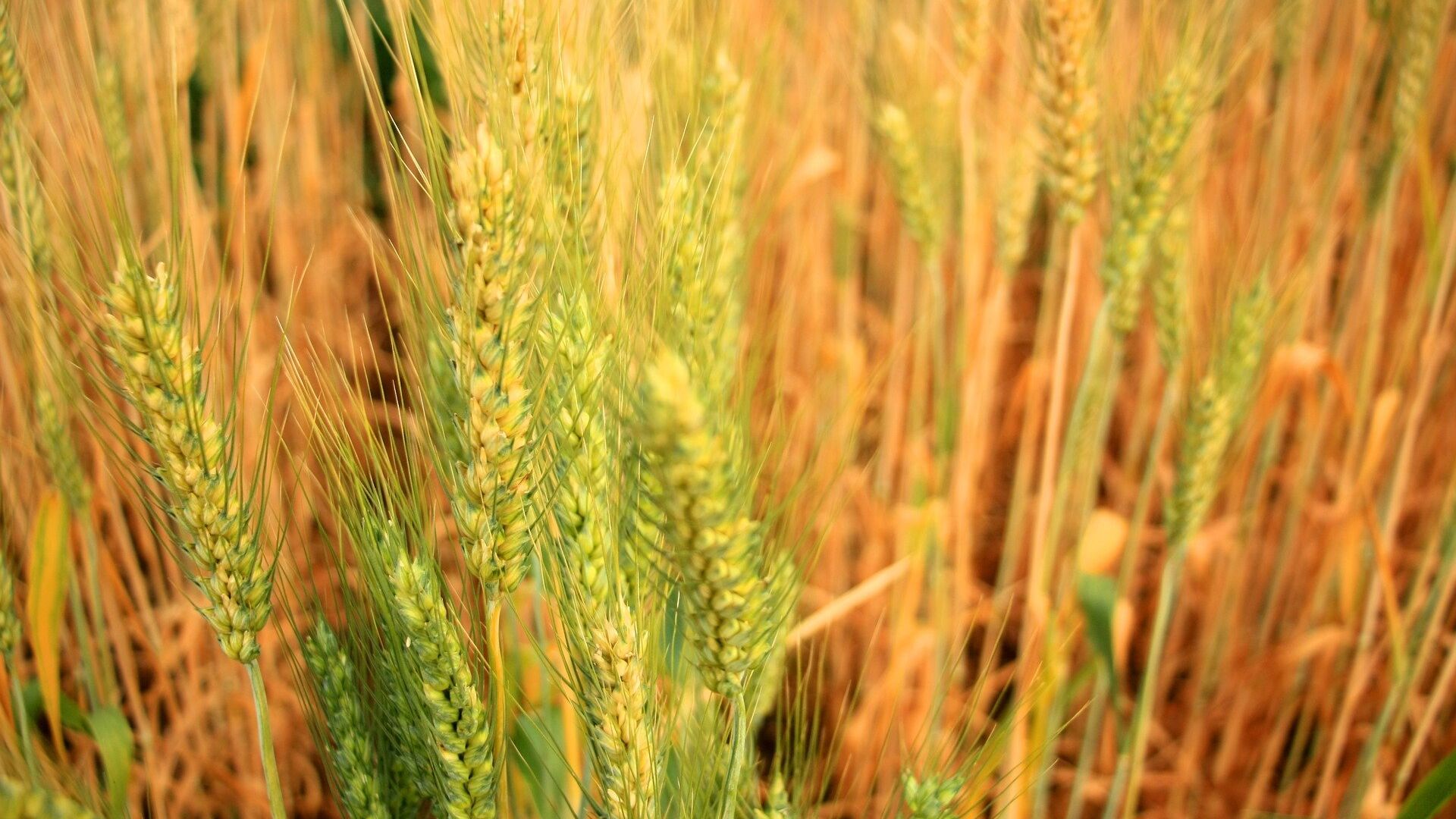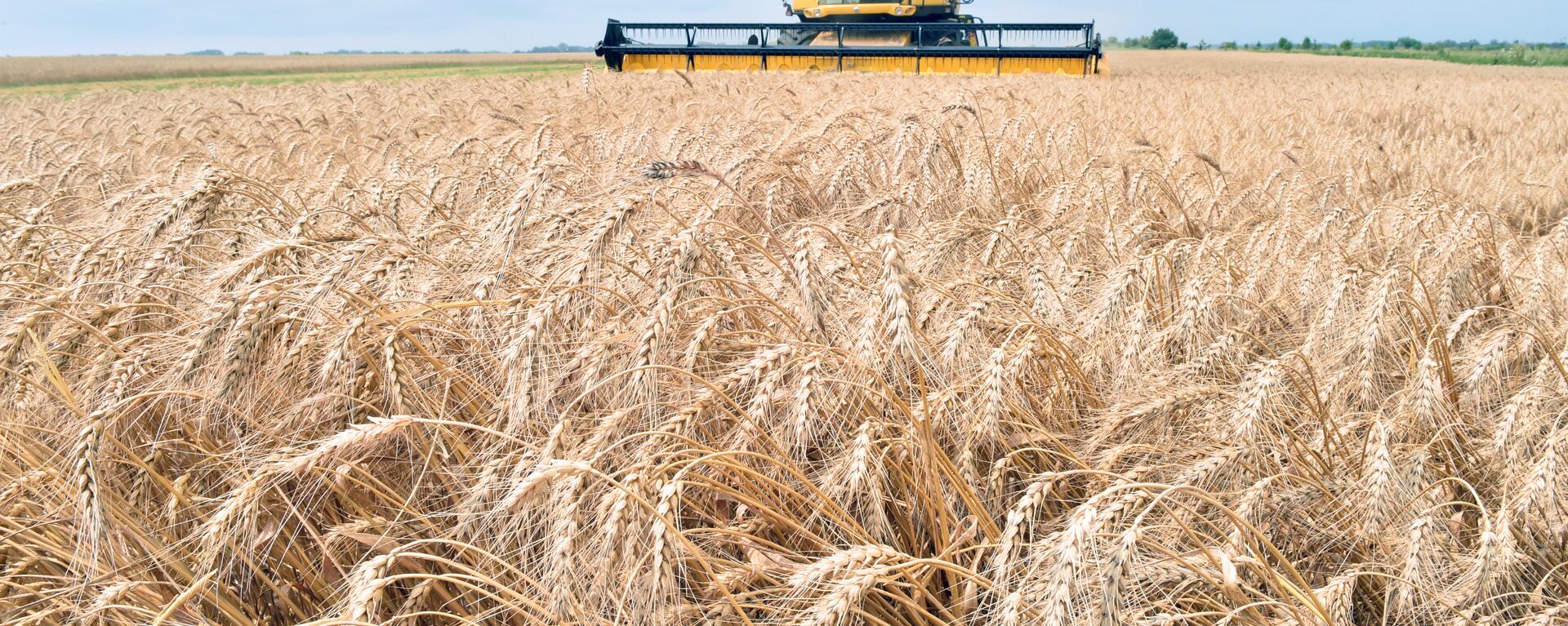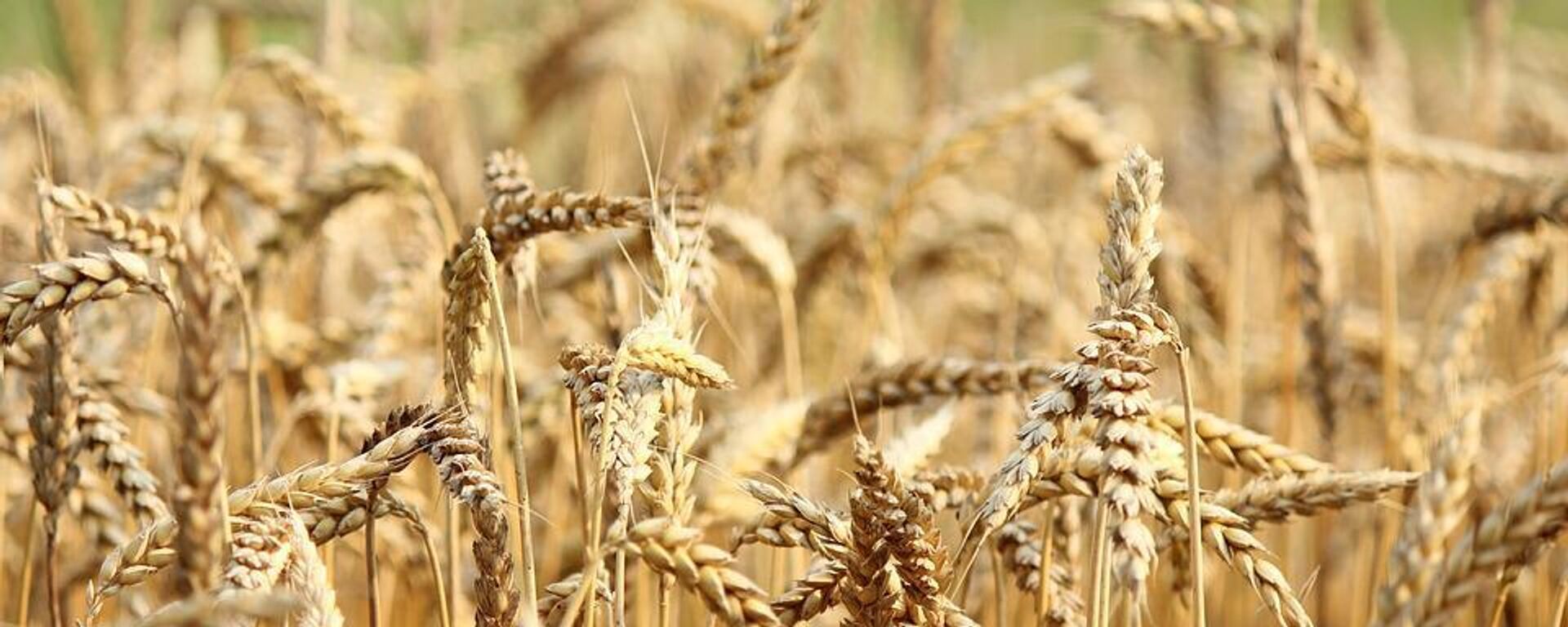https://sputnikglobe.com/20220724/turkish-observers-us--eu-hindering-russo-turkey-efforts-to-solve-food-crisis-mediate-peace-1097745149.html
Turkish Observers: US & EU Hindering Russo-Turkey Efforts to Solve Food Crisis, Mediate Peace
Turkish Observers: US & EU Hindering Russo-Turkey Efforts to Solve Food Crisis, Mediate Peace
Sputnik International
On July 22, Russia, Turkey and Ukraine signed documents aimed at resolving the problems of supplying food and fertilizers to world markets and ensuring safe... 24.07.2022, Sputnik International
2022-07-24T12:14+0000
2022-07-24T12:14+0000
2023-04-22T16:53+0000
us
europe
world
opinion
russia
wheat
fertilizer
agriculture
turkiye
istanbul
https://cdn1.img.sputnikglobe.com/img/105945/19/1059451916_0:100:1921:1180_1920x0_80_0_0_35cacd835f75c75aa5267e5a691f67e4.jpg
"The signing of the grain agreement in Istanbul showed that the parties can negotiate and reach consensus, which means that there is a theoretical possibility for making peace [between Russia and Ukraine]," says Baris Adibelli, political scientist, professor at Kutahya Dumlupinar University and expert on Asian countries. "This is very important because a certain critical threshold has been crossed. Turkey's efforts have paid off. The agreement showed that both sides of the conflict trust Ankara."Earlier, the United Nations raised the alarm over the emerging food crisis, with the West trying to pin the blame on Moscow. The US and its allies particularly accused Moscow of the alleged blockade of Ukrainian grain shipments amid Russia's special operation to demilitarize and de-Nazify Ukraine.Russia has repeatedly shredded the allegations, citing the fact that Kiev created numerous obstacles for the Ukrainian grain exports by mining its sea ports and deliberately setting crop fields on fire using helicopters and artillery in the Zaporizhzhya, Mykolaiv, Kharkiv and Kherson regions to frame Russia as a threat to food security.The Kremlin also lambasted the Western press for deliberately distorting the facts with regard to the food crisis and silencing the fact that Western sanctions on Russia's agricultural sector have inflicted far more damage on the world's food market than the alleged "blockade."In May, the Russian Ministry of Defense (MoD) signaled that it had arranged a safe corridor for food exports from Ukraine, stressing Kiev is not in haste to exploit the opportunity and refusing to de-mine the ports. The Turkish leadership, which joined Moscow's effort to solve the grain dilemma, echoed Russia's concerns. Speaking to Anadolu Agency on May 31, Turkish Foreign Minister Cavusoglu noted that the food crisis is facilitated by naval mines placed by the Ukrainian military at the country's ports and Western sanctions slapped on Russian ships in terms of insurance and the provision of services at international ports.Unal explains that since the beginning of the Russian special operation, Turkey has pursued a cautious, balanced policy. Despite being a member of NATO, it did not join the West's anti-Russian sanctions, and closed the Bosphorus and Dardanelles to all warships under the 1936 Montreux Convention on February 27. According to the political scientist, these steps ensured the trust of Moscow and Kiev in Ankara.Nonetheless, the assumptions that the grain export deal could be a harbinger of a peace treaty between Russia and Ukraine is "too optimistic," according to Unal: “The problem is that the Western world has not yet abandoned the desire to force Ukraine to fight with Russia," the political scientist stresses. "The West, primarily the US and the UK, wants to continue this conflict by supplying even more weapons to Ukraine."All Major Agricultural Producers Should Take Part in Solving Food CrisisHowever, the food crisis will not end with the arrival of grain from Ukraine, highlights Baris Adibelli, adding that other agricultural producers should join the initiative spearheaded by Ankara and Moscow.The Istanbul agreement envisages not only ensuring Ukraine's food exports but also the UN facilitating the removal of Western restrictions on the export of Russian agricultural products, including fertilizers, in the first place.Russia is seen as a larger producer of agricultural goods than Ukraine. In particular, while the countries jointly produce nearly a third of global wheat supplies, Russia provides around 17-18% to the market, with Ukraine's share amounting to roughly 9-10%. When it comes to fertilizers, Russia is a top exporter of the commodity. In 2019 Russia's global share of the nitrogen, potassium and phosphorus export markets accounted for 15%, 19% and 14%, respectively, while Ukraine's share of fertilizers amounted to less than 1%. While this makes Russia's agricultural exports a key to solving the emerging crisis, the US, India and China should also contribute their fair share, insists Adibelli."This year, the United States, India and China set a record for cereal production. However, these countries do not export grain," argues Adibelli. "They store the commodity for domestic consumption and buy grain in world markets to replenish their storage facilities. The UN in this situation should intervene and urge these countries to share surplus grain with the countries in need."The professor notes that Turkey can actively participate in the initiative to resolve the global food crisis given that Ankara has already demonstrated that it has the potential to do this.
https://sputnikglobe.com/20220624/how-the-uk-is-doing-its-best-to-stir-a-food-crisis-while-pinning-the-blame-on-russia-1096628806.html
https://sputnikglobe.com/20220529/bidens-famine-us-robbery-depriving-syrians--ukrainians-of-wheat-syrian-scholars-say-1095863263.html
turkiye
istanbul
ukraine
Sputnik International
feedback@sputniknews.com
+74956456601
MIA „Rossiya Segodnya“
2022
News
en_EN
Sputnik International
feedback@sputniknews.com
+74956456601
MIA „Rossiya Segodnya“
Sputnik International
feedback@sputniknews.com
+74956456601
MIA „Rossiya Segodnya“
us, europe, opinion, wheat, fertilizer, agriculture, turkiye, istanbul, ukraine, food crisis, grain
us, europe, opinion, wheat, fertilizer, agriculture, turkiye, istanbul, ukraine, food crisis, grain
Turkish Observers: US & EU Hindering Russo-Turkey Efforts to Solve Food Crisis, Mediate Peace
12:14 GMT 24.07.2022 (Updated: 16:53 GMT 22.04.2023) On July 22, Russia, Turkey and Ukraine signed documents aimed at resolving the problems of supplying food and fertilizers to world markets and ensuring safe maritime corridors for Ukrainian grain. The Joint Coordination Center will make sure that Kiev does use the grain shipments to import weaponry.
"The signing of
the grain agreement in Istanbul showed that the parties can negotiate and reach consensus, which means that there is a theoretical possibility for making peace [between Russia and Ukraine]," says Baris Adibelli, political scientist, professor at Kutahya Dumlupinar University and expert on Asian countries. "This is very important because a certain critical threshold has been crossed. Turkey's efforts have paid off. The agreement showed that both sides of the conflict trust Ankara."
Earlier, the United Nations raised the alarm over the emerging food crisis, with the West trying to pin the blame on Moscow. The US and its allies particularly accused Moscow of the alleged blockade of Ukrainian grain shipments amid Russia's special operation to demilitarize and de-Nazify Ukraine.
Russia has repeatedly shredded the allegations, citing the fact that Kiev created numerous obstacles for the Ukrainian grain exports by mining its sea ports and
deliberately setting crop fields on fire using helicopters and artillery in the Zaporizhzhya, Mykolaiv, Kharkiv and Kherson regions to frame Russia as a threat to food security.
The Kremlin also lambasted the Western press
for deliberately distorting the facts with regard to the food crisis and silencing the fact that Western sanctions on Russia's agricultural sector have inflicted far more damage on the world's food market than the alleged "blockade."
In May, the Russian Ministry of Defense (MoD) signaled that it had arranged a safe corridor for food exports from Ukraine, stressing Kiev is not in haste to exploit the opportunity and refusing to de-mine the ports. The Turkish leadership, which joined Moscow's effort to solve the grain dilemma, echoed Russia's concerns.
Speaking to Anadolu Agency on May 31, Turkish Foreign Minister Cavusoglu noted that the food crisis is facilitated by naval mines placed by the Ukrainian military at the country's ports and Western sanctions slapped on Russian ships in terms of insurance and the provision of services at international ports.
"The [Russo-Turkish-Ukrainian] agreement was necessary so that food could reach the regions in need, reducing a famine threat," says Hasan Unal, political scientist and lecturer at the Department of Political Science and International Relations at the University of Maltepe. "Who was capable of mediating the deal? Direct negotiations between Ukraine and Russia were impossible. Not a single Western country could do this - almost all of them are on Russia's list of 'unfriendly countries'. The UN also behaved quite passively on this issue, not showing sufficient initiative. As a result, Turkey entered the process and achieved a solution to this problem."
Unal explains that since the beginning of the Russian special operation, Turkey has pursued a cautious, balanced policy. Despite being a member of NATO, it did not join the West's anti-Russian sanctions, and closed the Bosphorus and Dardanelles to all warships under the 1936 Montreux Convention on February 27. According to the political scientist, these steps ensured the trust of Moscow and Kiev in Ankara.
Nonetheless, the assumptions that the grain export deal could be a harbinger of a peace treaty between Russia and Ukraine is "too optimistic," according to Unal: “The problem is that the Western world has not yet abandoned the desire to force Ukraine to fight with Russia," the political scientist stresses. "The West, primarily the US and the UK, wants to continue this conflict by supplying even more weapons to Ukraine."
All Major Agricultural Producers Should Take Part in Solving Food Crisis
However, the food crisis will not end with the arrival of grain from Ukraine, highlights Baris Adibelli, adding that other agricultural producers should join the initiative spearheaded by Ankara and Moscow.
The Istanbul agreement envisages not only ensuring Ukraine's food exports but also the UN facilitating the removal of Western restrictions on the export of Russian agricultural products, including fertilizers, in the first place.
Russia is seen as a larger producer of agricultural goods than Ukraine. In particular, while the countries jointly produce nearly a third of global wheat supplies, Russia
provides around 17-18% to the market, with Ukraine's share amounting to roughly 9-10%. When it comes to fertilizers, Russia is a top exporter of the commodity. In 2019 Russia's global share of the nitrogen, potassium and phosphorus export markets
accounted for 15%, 19% and 14%, respectively, while Ukraine's share of fertilizers amounted to less than 1%. While this makes Russia's agricultural exports a key to solving the emerging crisis, the US, India and China should also contribute their fair share, insists Adibelli.
"This year, the United States, India and China set a record for cereal production. However, these countries do not export grain," argues Adibelli. "They store the commodity for domestic consumption and buy grain in world markets to replenish their storage facilities. The UN in this situation should intervene and urge these countries to share surplus grain with the countries in need."
The professor notes that Turkey can actively participate in the initiative to resolve the global food crisis given that Ankara has already demonstrated that it has the potential to do this.
"Incidentally, Europe has also come up with a number of initiatives to transport food by rail," says the political scientist. "However, Europe's goal is not to ensure that products are delivered to the people in need. The European countries' task is to prevent Turkey from taking the leading role in this process and raising its prestige in the international arena. As you know, Europe is following the US' suit when it comes to provoking and maintaining military conflicts."




